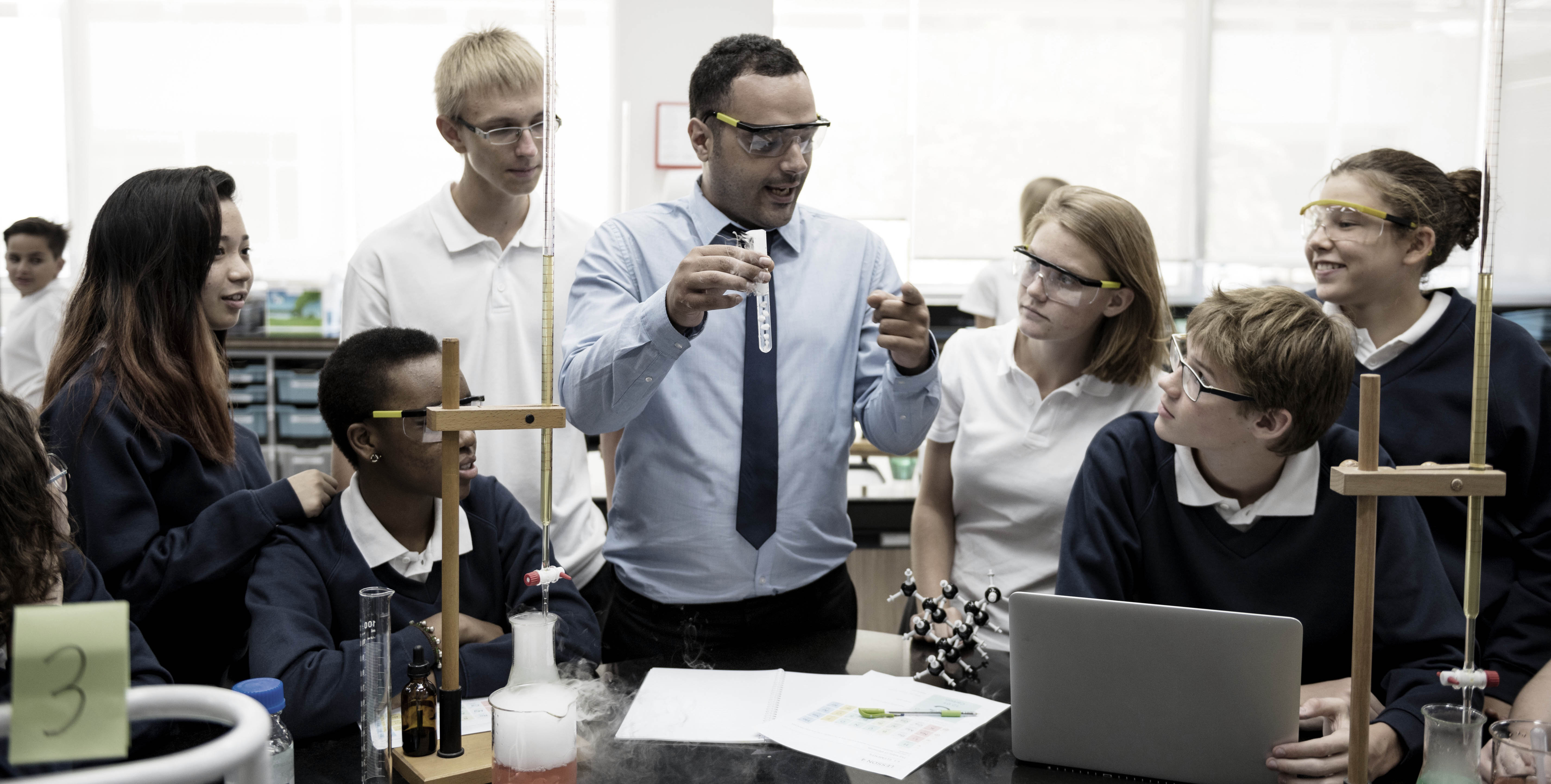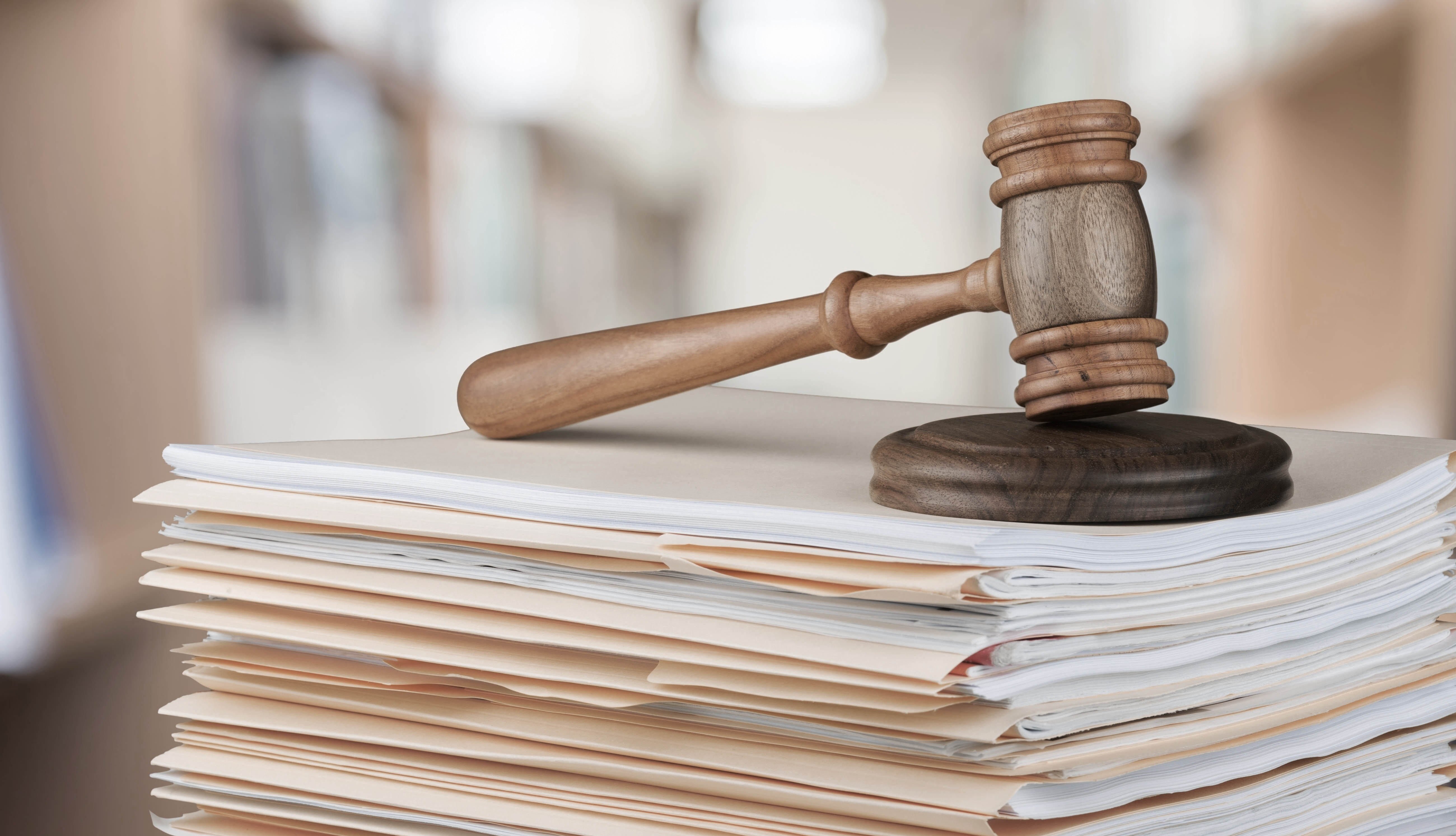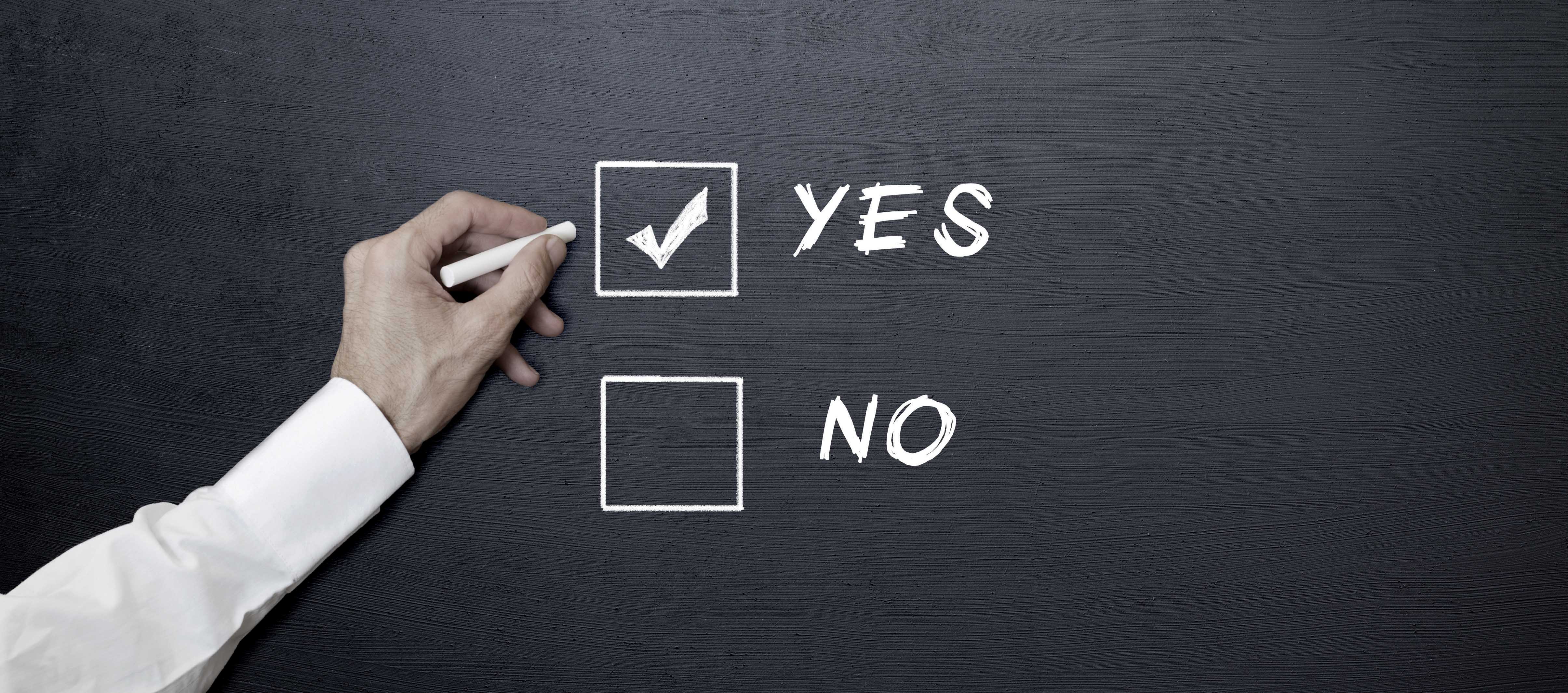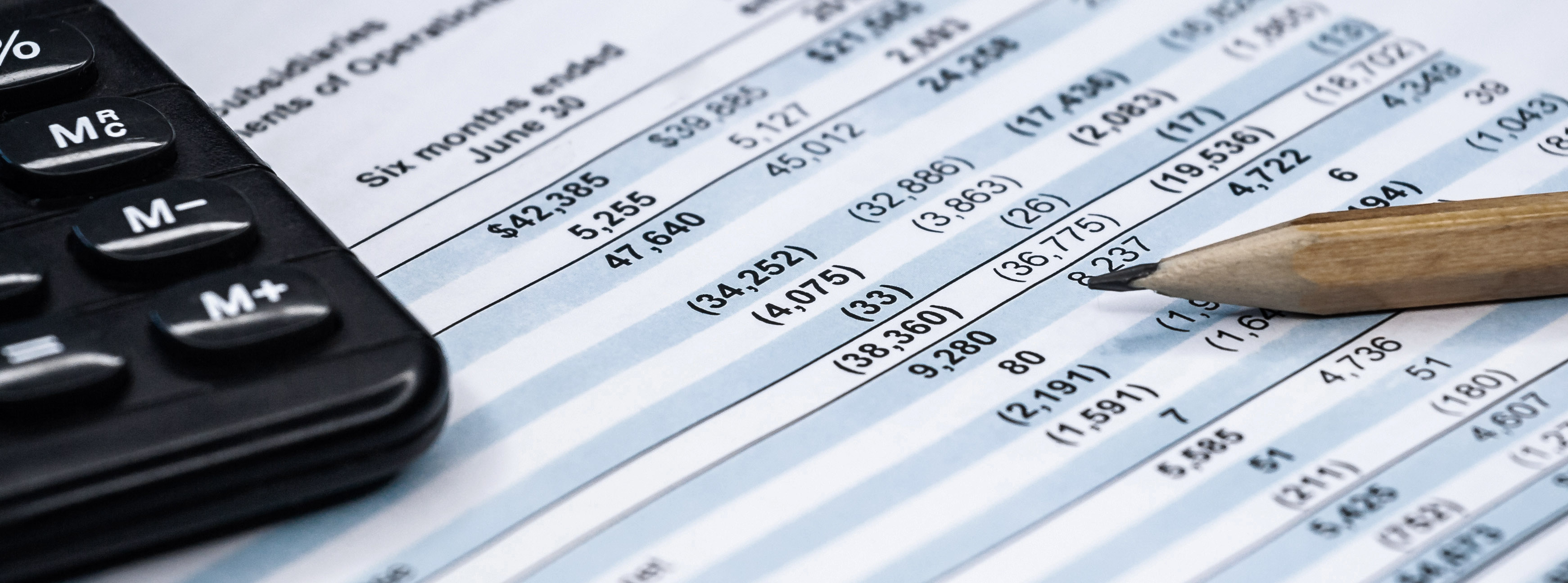Scope and limitations
The remuneration scheme is legally limited to acts ‘for illustration in education’ and for ‘scientific research’. Scientific research refers to research carried out in publicly established or recognised research centers (e.g. at universities) but not in private research centers run by companies. As regards ‘illustration in education’, the rule is that this is limited to what is necessary to illustrate, prepare or supplement a specific lesson.
Such acts are definitely not meant to replace or limit the purchase of commercially available teaching materials or scientific source works. Nor does the remuneration scheme cover acts which, although performed in the broader field of education, are not connected with specific and individual teaching assignments (e.g. general educational support or orientation). Lecturers and teachers, pupils and students as well as researchers can benefit from the exception within the appointed limits.
Please note that the following acts are not covered by the legal scheme. These acts are therefore subject to ordinary copyright (or, as far as photocopies are concerned, the legal remuneration scheme for the private and public sectors), which means that you cannot perform them without the consent of the copyright holder or his collective management organisation:
- Acts that are not intended for illustration in education or for scientific research (see above).
- Acts of which the pupil, student or researcher is not the final recipient (e.g. for the purpose of the administration of the educational institution).
- Acts that harm the normal commercial exploitation of the source works, in particular by replacing or limiting their purchase. Although the law does not provide for an explicit quantitative restriction anymore, you would do well to limit the fragment to what’s absolutely necessary (and certainly not a whole book).
- Communication over a non-secure network, by e-mail or chat, via the institution’s public website, via the lecturer’s social media profile, or via a MOOC (Massive Open Online Course).
- Paper or digital compilations of source works of any kind. The legal scheme is therefore limited to the use of (parts of) individual works.
- Acts related to scores (sheet music).
- Acts related to source works from an illegal source. This is a source to which the user does not have lawful access, which circumvents a technical restriction or a payment wall, or which the copyright holder has not authorised.
- Acts with a profit-making aim.
- Acts carried out by entities other than educational and research institutions recognised or established by the government, or acts that fall outside the normal activities of those institutions. Please note that public institutions and non-profit organisations operating in the sector of vocational training, employment and socio-professional integration may also be covered by the legal arrangement. However, this is not the case, for example, for training academies or training centers within companies.
- Acts that do not mention the source and the author’s name (unless this is not reasonably possible).
- Acts performed by third parties / visitors to the institutions (e.g. a lawyer in a university library).












